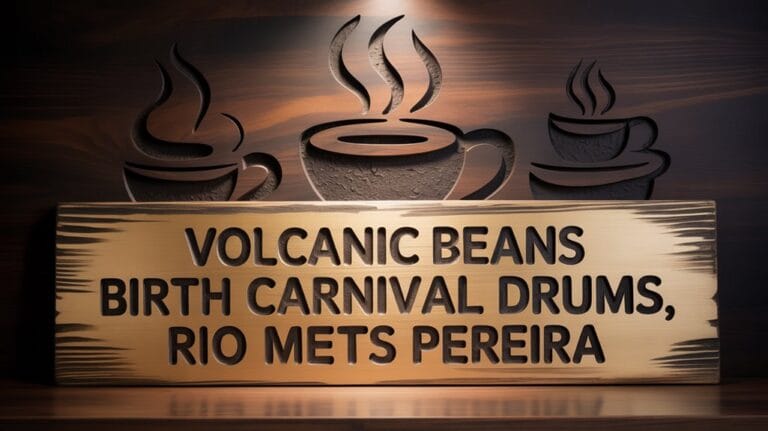The streets of Pereira burst with song and color every August as the Harvest Festival fills the mountain city for two full weeks. Drums echo through the valley while carnival queens wave from flower-laden floats. The aroma of fresh coffee drifts beside the music, because the party doubles as a tribute to the beans that built this town.
Started as a 19th century livestock fair, the festival became the city’s official birthday bash in 1920 and now hosts 100+ events annually. Pioneers from Antioquia planted the initial coffee trees on volcanic soil, and locals soon realized the crop tied them together stronger than any law. Those early growers swapped seeds during Sunday Mass and shared oxen during harvest. This spirit of community unity still guides every dance step and parade wave today. When the Harvest Queen passes the cathedral, she carries a silver coffee branch to remind neighbors why they celebrate. The volcanic soils in the region contribute to the complex flavor profile of the coffee that is cherished during the festival, as these soils are rich in nutrients necessary for optimal cultivation requirements.
Events run from August 15 to 30, matching the exact days when beans ripen on nearby slopes. Spectators line Avenida 30 de Agosto for the Grand Harvest Carnival Parade. Float crews toss burlap sacks etched with café labels to enthusiastic hands. This year the festival will welcome dancers and musicians from Brazil’s Rio Carnival for the first time. Cyclists pedal mountain roads set between emerald fields. Singers from Bogotá and Miami share stages with local vallenato bands. Children lick sticky arepa, recognized as the festival’s main dish, drizzled with panela while parents sip dark espresso sold from street carts.
City halls expect about 400,000 visitors this year. Hotels reach ninety percent booking by mid-July. Artisan tents sell woven bracelets shaped like coffee leaves. Restaurants grill steak over open flames at Parrilla Fest. By night the Beer and Coffee Festival serves espresso stouts brewed by hometown engineers turned brewers. Every peso cycles back into the same blocks where farmers once unloaded mules generations ago.
Police close several roads but locals walk, pushing strollers past banners reading “Nuestra Cosecha, Nuestro Orgullo.” When fireworks paint the sky above the cathedral on August 30, Pereira’s crowd cheers louder than the bursts, because over a century of shared harvests keep hearts beating like drums.





